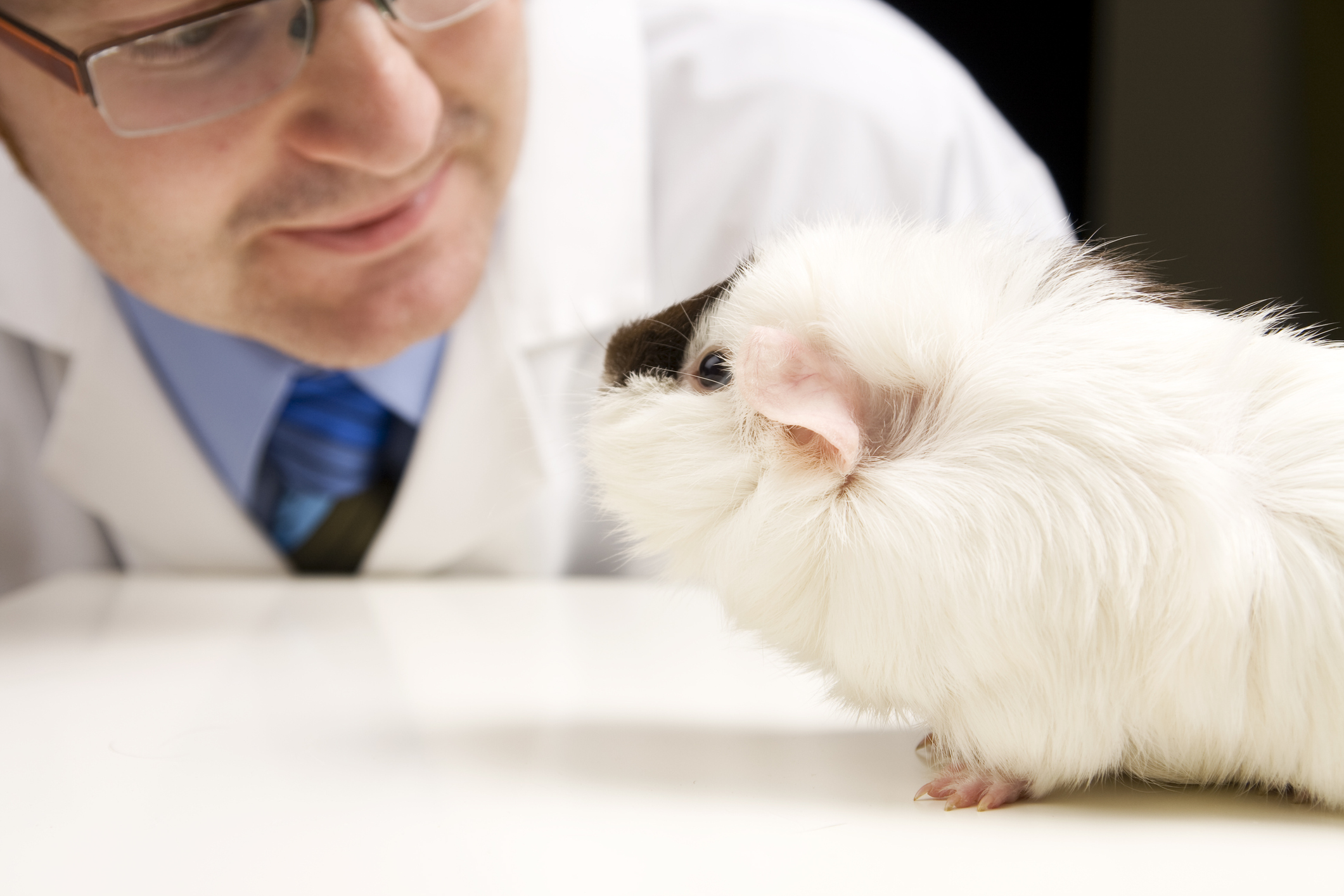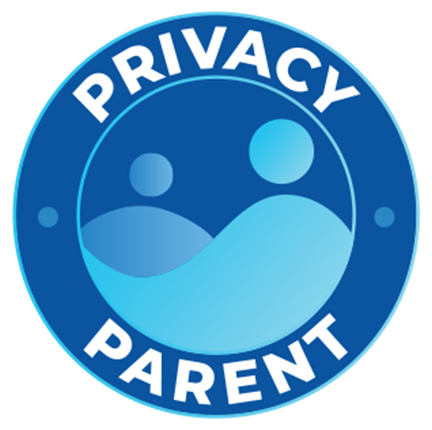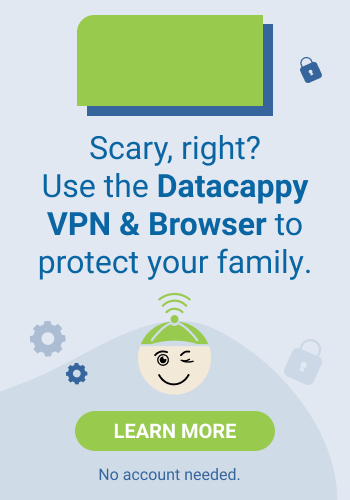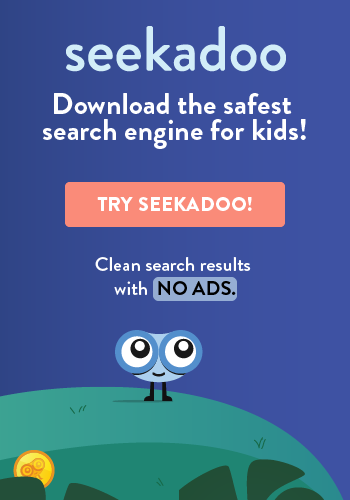
Every generation benefits from the advances and suffers from the mistakes made by its predecessors. Many of the problems we face today were created decades, if not centuries, ago. Climate change, social disparity, racism—messes we didn’t make but messes we live with and try to clean up nonetheless.
Our generation is no different, though the mess we’re leaving for our kids is entirely without precedent. The Digital Age, which dawned with the Internet and blossomed with the advent of the smart phone in 2010, is the biggest, riskiest social experiment in since humans figured out how to light a fire. And we—and our children—are the guinea pigs. This experiment is in its early stages, but results are already coming in. They’re not good.
In just two decades, we’ve shattered centuries-old understandings of privacy, shared information we hardly knew about ourselves with millions of strangers, and super-charged government surveillance. We made this mess and we have to start cleaning it up now.
It’s tempting to point to social media as the culprit. The influence Facebook, Twitter, Instagram and the others have had on the human psyche has been profound, but it’s hardly the only problem created by our deepening reliance on digital devices. It may not even be the most worrisome.
Big tech companies are in a feverish battle to collect as much information on individuals—you, your kids—as possible. There are so many companies harvesting personal data that it makes the legislative attempts to control them, like the European Union’s “right to be forgotten” law, immediately obsolete.
The Digital Age has turned data into a commodity, bought and sold like soy beans and used in as many ways. Clothing manufacturers buy personal data to better understand trends and design shirts their customers are more likely to want.
On the other end of the spectrum, governments use personal data to control their citizenry. In China, digital information is collected to create rating that determines a person’s allegiance to the Communist Party. It’s called the Sesame Score. The higher an individual’s score, the more likely he or she will get coveted government jobs, secure airplane tickets, or ride the train. China has become infamous for the Sesame Score, but other governments are making use of vast data hauls, too. In London, for example, there are nearly 700,000 closed-circuit surveillance cameras—one for every 13 people. It is all but impossible move through London without being watched, without your movements being recorded.
Social media—the platforms through which we share, share, and share some more—are as effective as they are because of the mountains of data Google, Amazon and other Big Tech companies gather about us. Facebook knows what you buy on Amazon and which hotels you search for on Google. They use that information to fine-tune their algorithms and tailor the ads you see on your feed. All that information about you gives them—Big Tech—power. Lots of it. And the more information an entity has, the more power it has. This goes for government, companies, and people.
At this point, you might ask, “So what? I’ve got nothing to hide.” Good! That’s true for most people. But it’s also not the point. The issue is what happens to the information we reveal about ourselves, how it’s fed into advanced algorithms, predictive analytics, and artificial intelligence. How the companies and governments developing those technologies can use them—and the data fueling them—to manipulate people. We saw it happen in the 2016 election; no doubt it will happen in ways we haven’t begun to imagine. Think about the old Bugs Bunny cartoon in which Bugs’s nightmares grow into an actual monster—that could be the mess we’re leaving for the next generation.
This is the great experiment of the Digital Age: Gather vast amounts of personal data—every time you click, open an app, download a song, buy a book, check the box scores, watch a movie, share a meme, place a phone call, you generate data that companies compile—and see what we can do with it. What’s going to happen? How are the guinea pigs going to fare?
If we don’t start facing the risks of this experiment going wrong and start to remedy the problem now, we’re going to leave the next generations a society entirely without privacy. It will be a world in which server farms know what you will want to buy long before you do—and then tell you to buy it. Healthcare providers and insurers will know exactly what you’ve been eating and adjust your policy accordingly. Governments will track your whereabouts.
The Digital Age is an era like no other. Everything about it is new. An experiment. We can get it right—by valuing privacy and regulating Big Tech—or we can do nothing and get it horribly, irrevocably wrong. And that’s not fair to the generations to come. It’s not OK for us to deny them their privacy. Guinea pigs deserve better.







